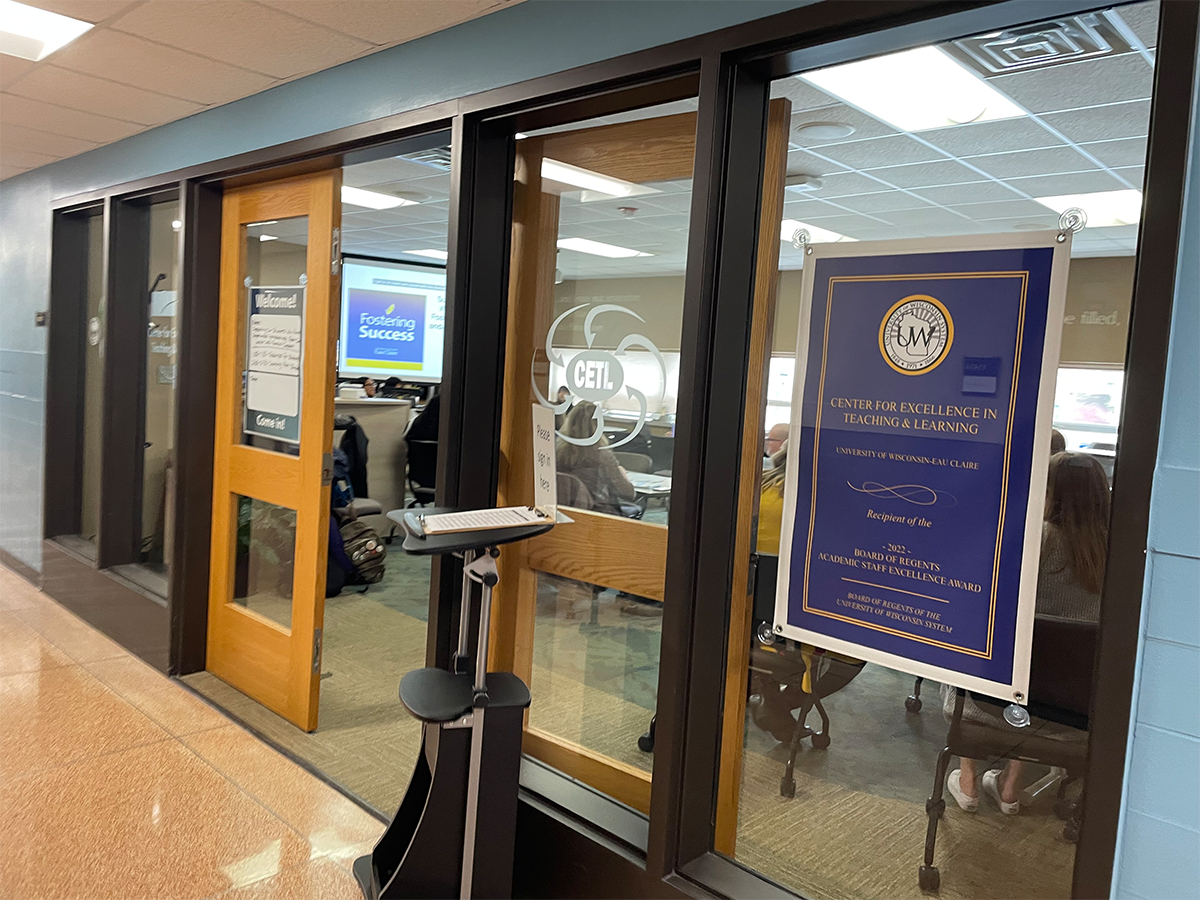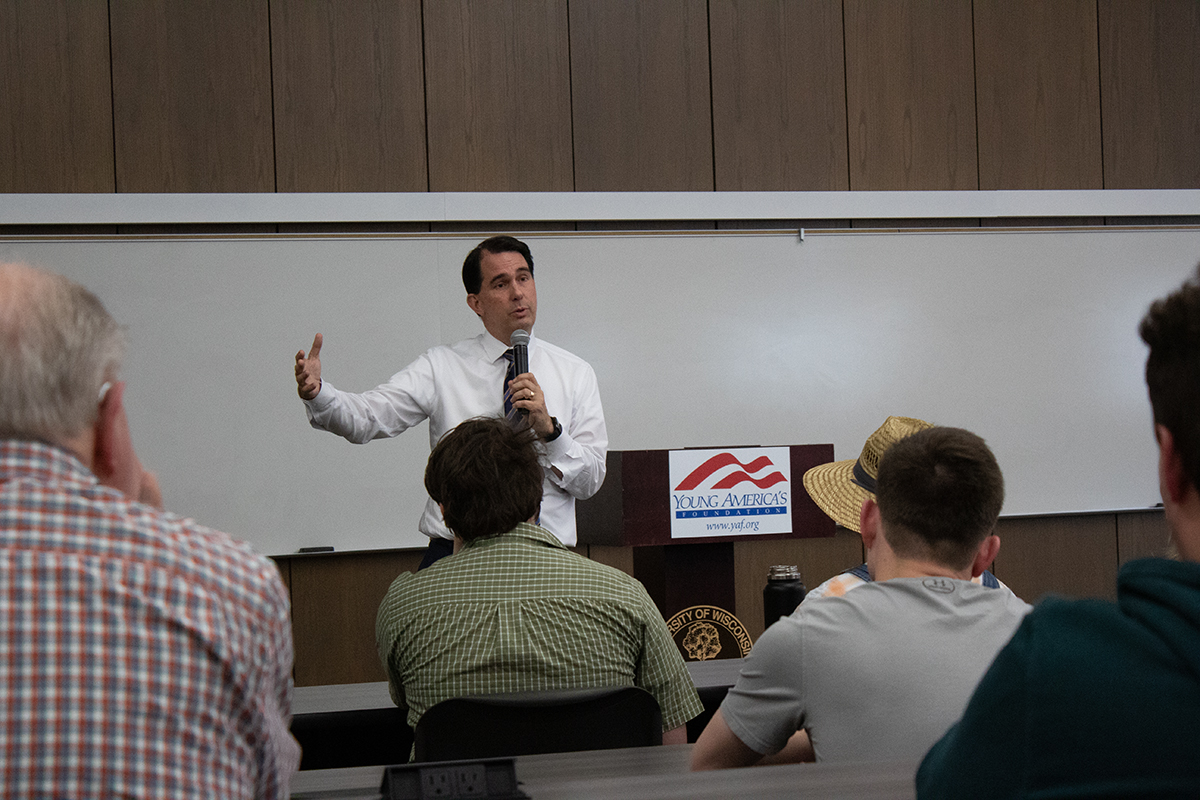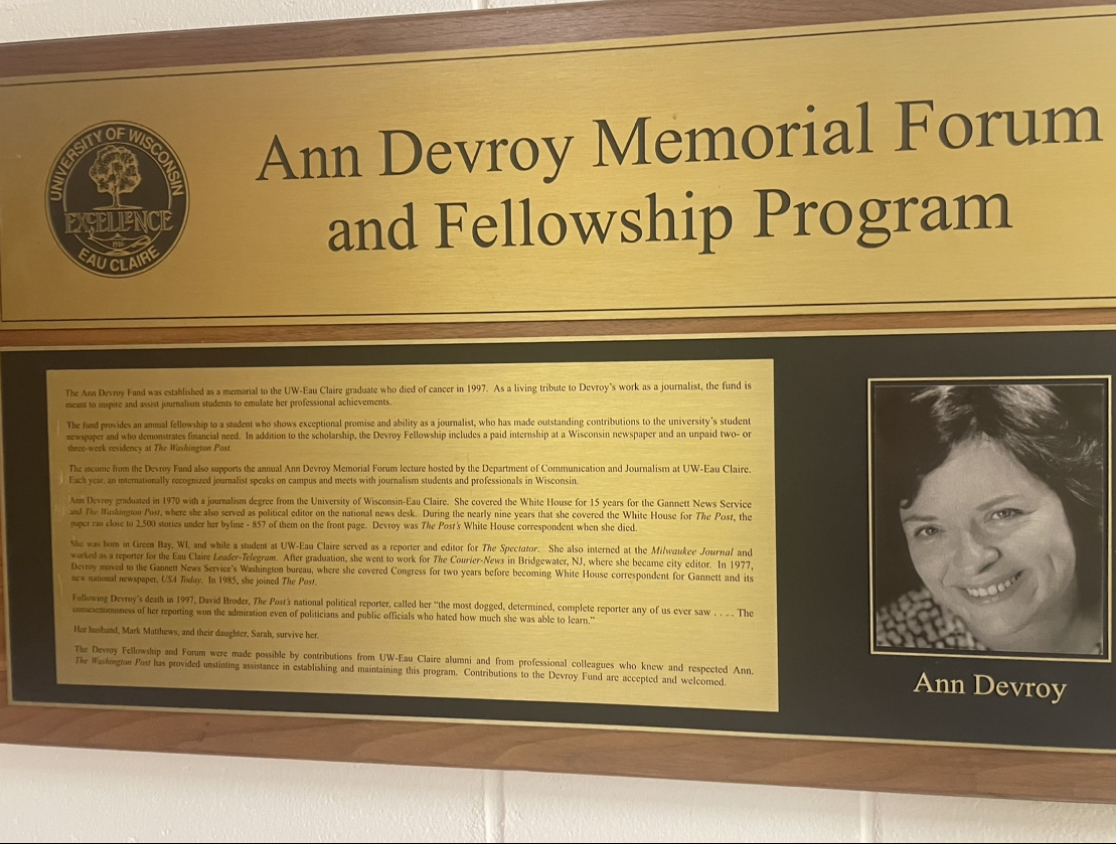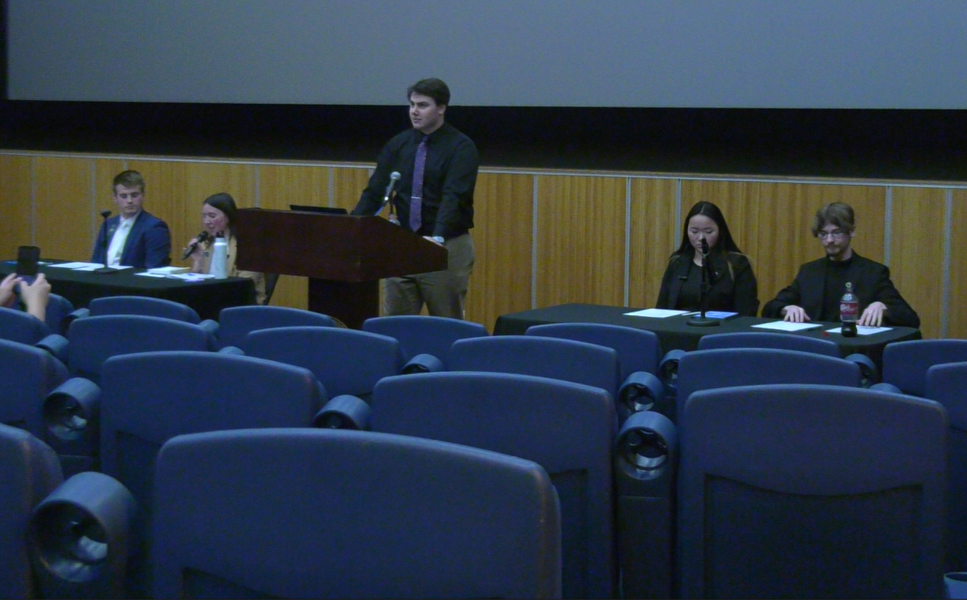Students at UW-Eau Claire now have the option to receive alerts as text messages from campus security when there are emergency situations.
The alert has been available since last Tuesday and sophomore Alyssa McMahon is already signed up to receive them.
“I saw it on the main (university) page and registered right away,” she said. McMahon said she thinks the alert is beneficial to the campus and will really help people if something were to happen.
Executive Director of University Communications Mike Rindo said the idea for the system was sparked by recent events at college campuses, such as Virginia Tech and Northern Illinois University.
“We’ve been looking at doing this for the better part of a year,” Rindo said.
As of Tuesday morning, 2,300 people had added their number, and Rindo said he expects this number to increase as they are trying to publicize it in different ways across campus. There will be a campus-wide test in early May to see how quickly and effective the alert is sent out, Rindo said.
“We simplified the way to register phone numbers,” he said. “You just have to put in the number on the Web site.”
Rindo also acknowledged how much work Learning and Technology Services has done to implement the new program. Rindo said it really has been a group effort and that the whole spectrum of the campus has added their piece to the puzzle in figuring out the new system.
The UW System has also been involved in the planning.
“They’ve looked at what’s applicable for our campus,” Rindo said, adding that the same plan isn’t going to work for every campus, and that they’re not 100 percent tragedy free.
There are other ways alerts will be sent out across the campus, including e-mail notifications, pop up messages on campus computers and a voiceover in buildings, Rindo said. Different methods will be used depending on the situation, which is determined by first responders.
Rindo said the last system wasn’t as effective since it didn’t reach nearly as many people, previously being a mass e-mail and the Web site.
McMahon thinks the new plan will work a lot better than just an e-mail.
“It’s faster . people don’t check their e-mail that often,” she said. McMahon added that those living off campus may not hear about it as quickly as those living on campus if the system was done over the Internet.
Overall, Rindo thinks that all the methods should be able to get across to the vast majority of people.
“You need multiple methods because not one can cover everyone.”






